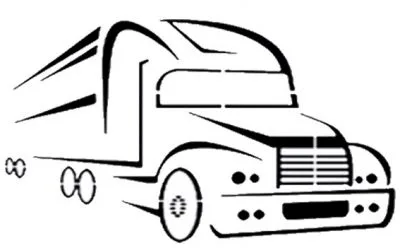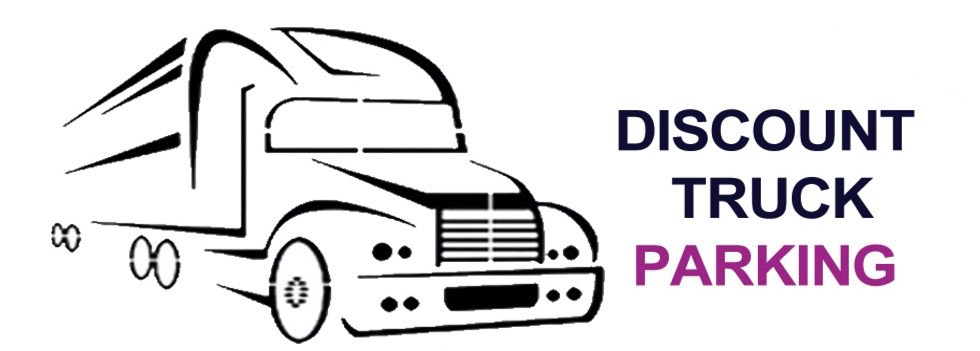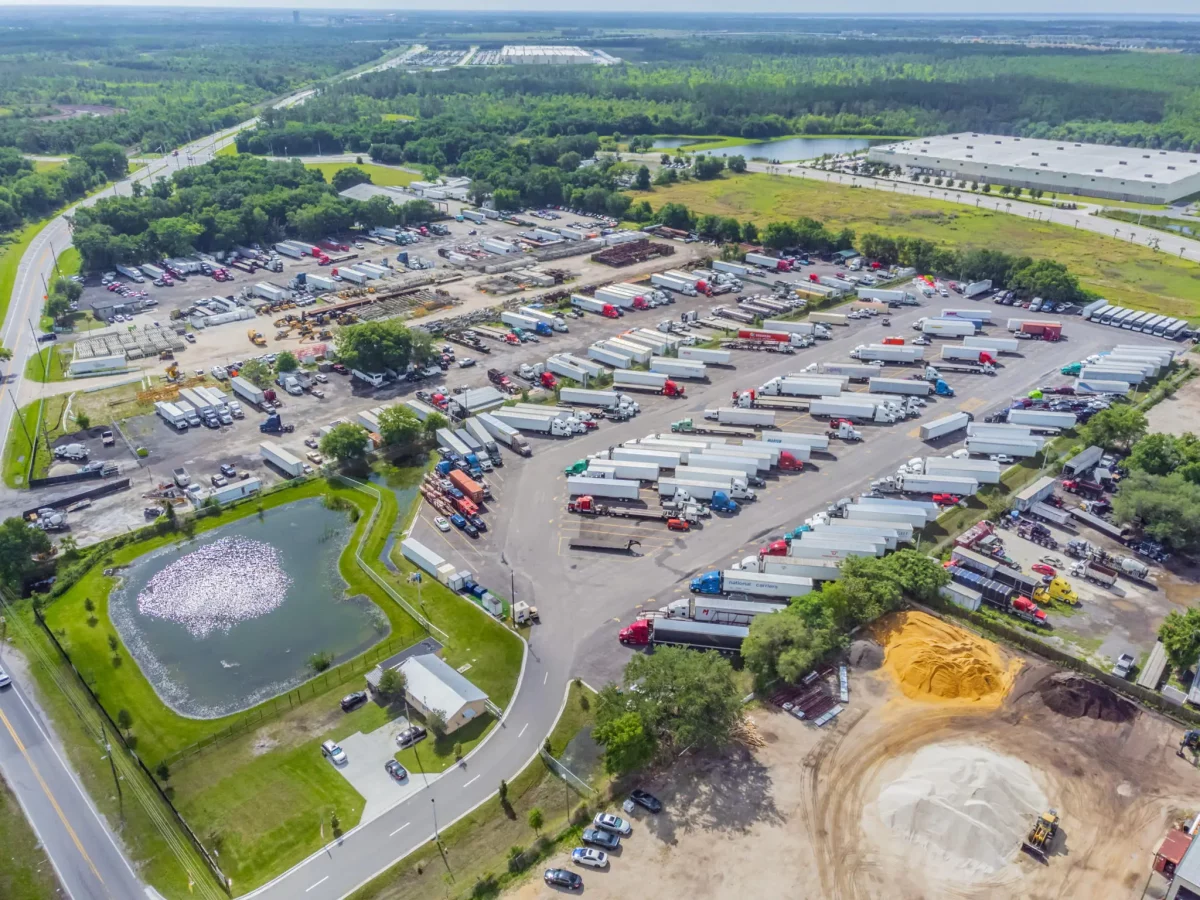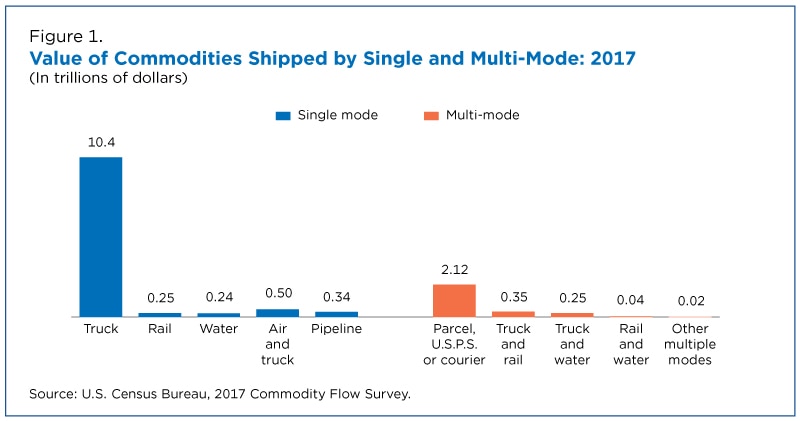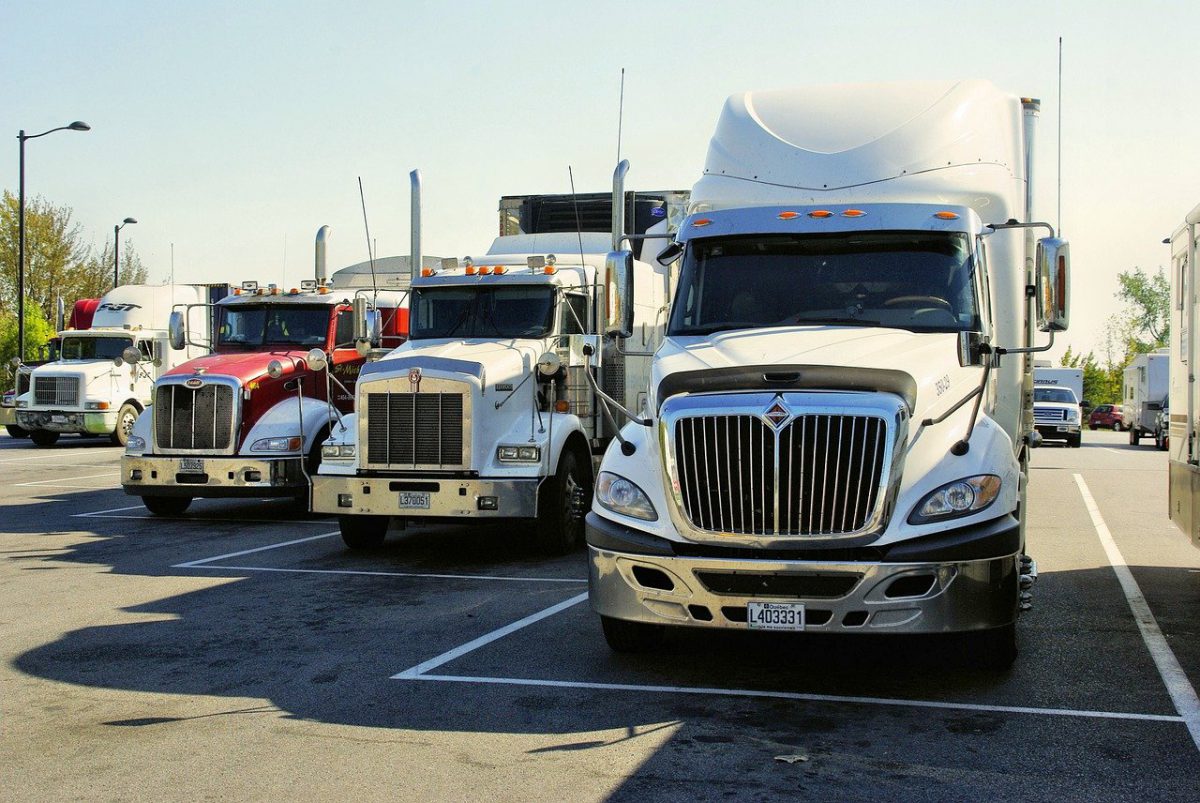Navigating the challenges of overnight truck parking in Florida requires more than just a keen sense of direction. It demands vigilance, preparation, and an understanding of how to protect oneself and one’s cargo against potential threats. This guide offers invaluable advice for truck drivers looking to ensure their safety during those crucial rest stops.
Choose Well-Lit Areas
The first line of defense against the vulnerabilities of the night is visibility. Parking in well-lit areas can significantly deter potential thieves and vandals. The bright lights not only make it easier for you to keep an eye on your surroundings but also make your truck a less appealing target for those lurking in the shadows.
Use Secure Truck Parking Facilities
When available, opt for parking facilities specifically designed for trucks, equipped with security features such as fenced perimeters, surveillance cameras, and on-site security personnel. These facilities may come at a premium, but the peace of mind they offer is invaluable. Your cargo and personal safety are worth the investment.
Stay Informed About High-Crime Areas
Before you set your route, research the areas you plan to travel through and identify any known high-crime locations. Various apps and online resources can provide up-to-date information, helping you avoid areas where you’re more likely to encounter trouble.
Lock Up and Secure Your Vehicle
Never underestimate the importance of basic security measures. Always lock your doors and secure your vehicle, even if you’re stepping away for just a moment. Consider investing in additional security devices, such as steering wheel locks or brake locks, to further secure your truck.
Keep Valuables Out of Sight
Thieves are opportunists, often tempted by what they can easily see and grab. Keep your valuables and personal items out of sight, stored in locked compartments or taken with you when you leave the truck.
Maintain a Low Profile
Attracting unnecessary attention to yourself or your cargo can increase the risk of theft or vandalism. Keep a low profile by avoiding flashy displays and minimizing the time spent outside of your truck in unfamiliar or unsafe areas.
Use Technology to Your Advantage
In today’s digital age, technology can be a powerful ally in ensuring your safety. Equip your truck and valuable cargo with GPS trackers. This not only aids in recovery in case of theft but can also act as a deterrent to potential criminals.
Stay Connected
Always keep your phone charged and within easy reach. Share your location with a trusted friend, family member, or dispatcher. Regular check-ins can be a lifeline in unexpected situations, providing a quick way to call for help if needed.
Trust Your Instincts
If something feels off about a parking spot or area, trust your gut and move on. Your instincts are a powerful tool for safety. It’s better to err on the side of caution than to regret ignoring a nagging sense of unease.
Emergency Preparedness
An emergency kit is an essential part of any truck driver’s gear. Ensure yours is stocked with basics like water, non-perishable food, a flashlight, batteries, and a first aid kit. Being prepared can help you manage unforeseen circumstances more effectively.
Know Your Neighbors
When parked in an area with other trucks, take a moment to introduce yourself. Building a sense of community, even temporarily, can provide mutual support and additional security through shared vigilance.
Use Rest Areas Wisely
While rest areas are convenient spots for a break, their isolation can make them risky, especially at night. Park as close to the rest area facilities as possible, and remain cautious when entering and exiting your truck.
By adhering to these tips, truck drivers can significantly enhance their safety during overnight stops in Florida. Remember, your safety and the security of your cargo are paramount. With careful planning and a proactive approach, you can navigate the challenges of overnight
